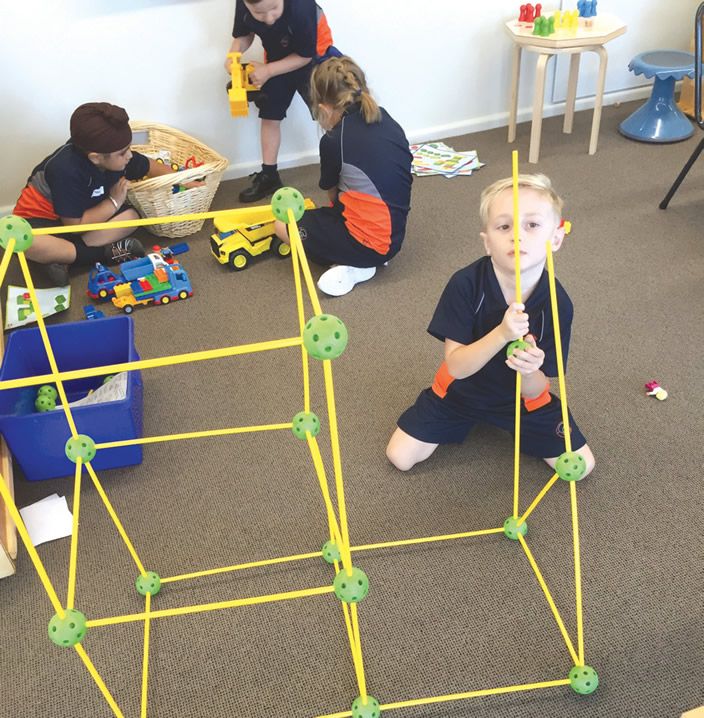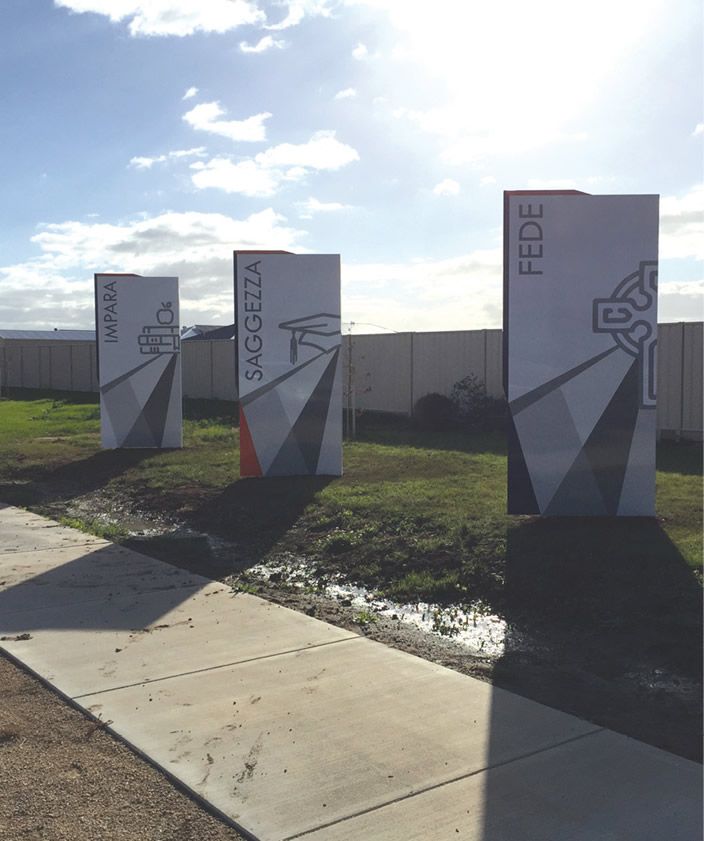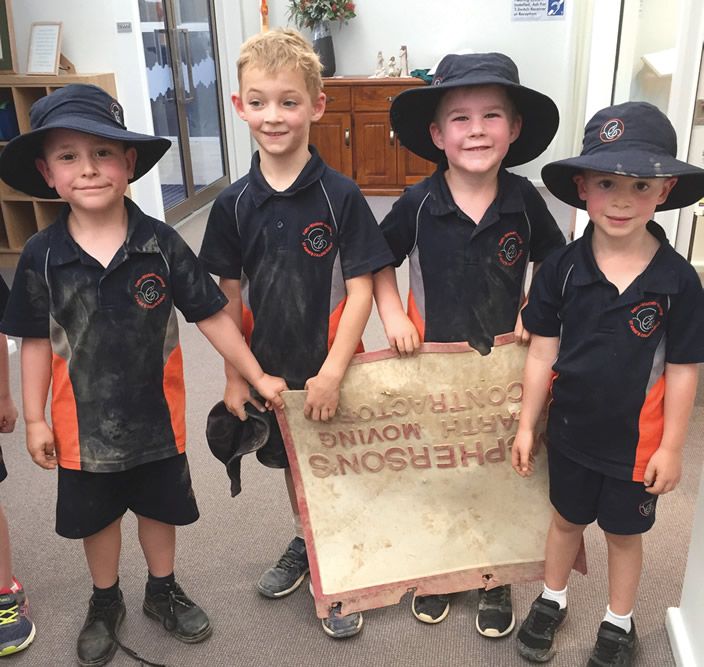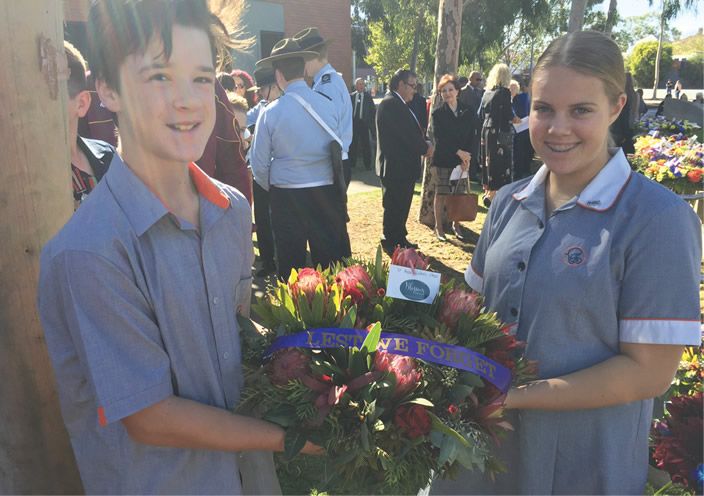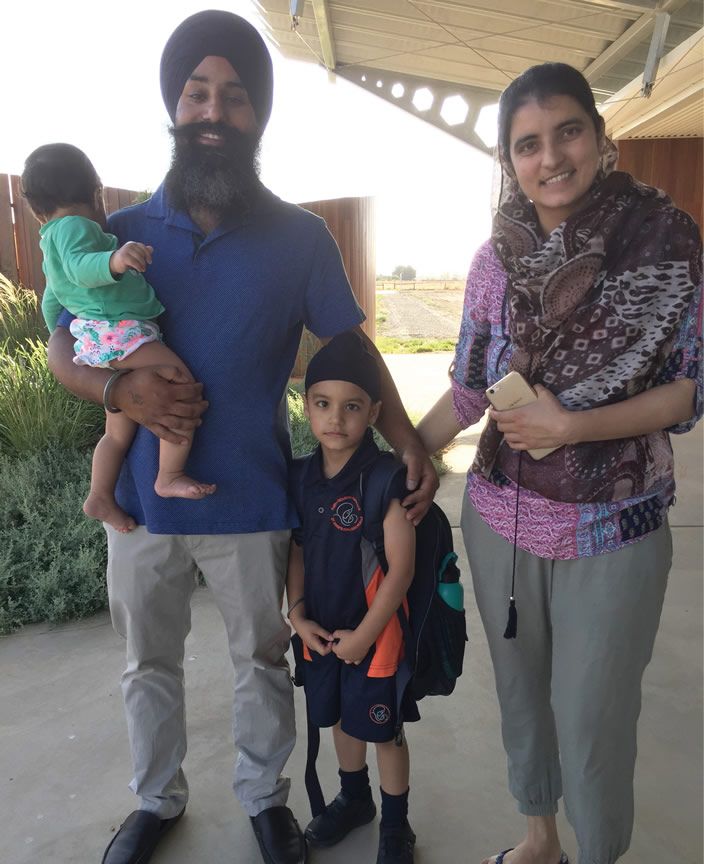
IE interviews Dom Poppa, the principal of a brand new P to 12 regional college doing things differently. Poppa has been a primary school principal for many years and outlines the key philosophy underpinning the new school and why he took up the leadership role.
St Anne’s College is a Catholic Prep to Year 12 school opened this year to serve the community of Kialla, a rural area of the City of Greater Shepparton, Victoria. What are the specific needs of that community and why was a P to 12 college established there?
Kialla is an outer suburb of Shepparton and is in a growth belt. Shepparton is a vibrant city with much to offer and under two hours away from Melbourne. As the city grows there has been a need for additional educational options for our Catholic families. With the existing Catholic secondary college to capacity and with no room to grow, and the three primary schools full, families are looking for a choice. St Anne’s is meeting the needs of the community with the bonus of being a ‘one stop shop’ with an early childhood centre planned along with allied and maternal health services being explored. St Anne’s is a viable option for families.



































































































































